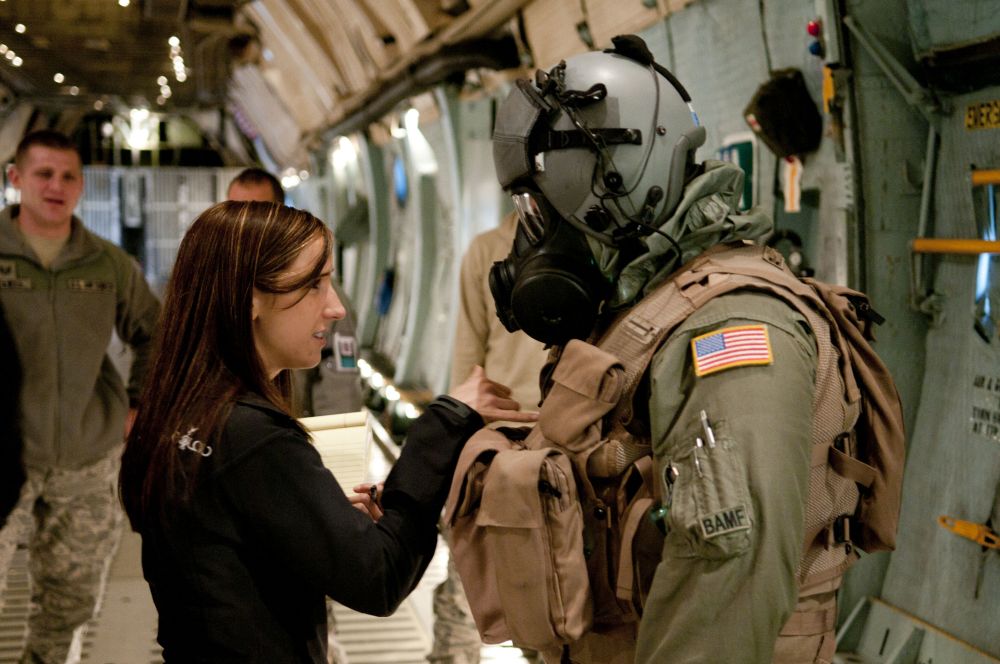At the Kabul Military Training Centre (KMTC), the first stop for recruits to the Afghan National Army (ANA), British forces are mentoring the Afghan instructors who are now doing the teaching.
The KMTC is where Afghan soldiers receive their basic training on enlistment. The training itself is run by ANA instructors under the advisement and mentoring of ISAF forces.
The British-run Non-Commissioned Officer (NCO) Training Team, or ‘Bridmal’ Team in Dari, and the Officer Candidate School (OCS) are part of the KMTC force.
Captain Stu Rutledge, Royal Logistic Corps, explained the changes at the centre:
“The lessons here are all taught by Afghan instructors. Twelve months ago we were teaching ourselves, then we moved into a mentoring role and just recently we have stepped back into an advisory role as the Afghan instructors here are getting more and more capable for themselves.”
The NCO Training Team takes selected ANA soldiers and runs them through a 12-week junior leaders military course. Based on the principles of similar training in the British Army, the ‘one uniform’ course as it is known is designed and mentored by experienced British non-commissioned officers who are able to pass on their wealth of experience to the budding ANA junior leaders.
Potential ANA soldiers are selected to attend the course after obtaining a basic numeracy and literacy standard.
Warrant Officer Class 2 Stan Nilsson, 1st Battalion Irish Guards, explained further:
“We don’t necessarily train, we mentor the instructors that are highly qualified within the ANA. We mentor how they do business in regards to battle lessons and teaching indoor classroom lessons. We enhance their skills throughout.”
Soldiers on the ‘one uniform’ course do a combination of Phase One training such as basic fire and manoeuvre, military skills, map reading and sentry duties, but also leadership and command training.
Second Lieutenant Muhibullah, one of the ANA instructors, said:
“We teach different things to the soldiers; how to control themselves, how to train their soldiers and different types of patrolling — ambushes, planned attacks, team attacks, pair attacks and company attacks.
“First of all we take them to the classroom to do the theory, then the demo, then after the demo we let the soldiers do practicals.”
Each ‘one uniform’ course consists of 150 students, but with further training outposts across Afghanistan running the course some 600–800 students can be undergoing training at any one time.
The British mentors are not just focused on NCOs, but also on selecting those soldiers who have the potential to become ANA officers. Much as British Army officers go through a rigorous selection and training process, potential Afghan officer candidates are put through a 20-week commissioning course at the KMTC as part of the officer selection course.
The package is designed to teach candidates basic military skills, but also leadership, command and man-management capabilities.
Captain Rutledge explained the OCS course:
“Throughout the 20 weeks there are various packages. They go through fieldcraft lessons, range work, leadership lessons, there’s a physical element, and then simple skills such as map reading and first aid.
“We run train-the-trainer packages, where different subjects will take potential instructors, bring them aside for a week-long course where we’ll teach them how to do the lessons, the basics of the structure of the lesson, and how to teach other people.”
The process at the KMTC seems to be working, as Second Lieutenant Muhibullah commented:
“My mentors have been British. I really appreciate them, they work very hard, they are sensitive in their training, they give ideas, and their ideas are very useful for us.”
Press release
Ministry of Defence, UK

 von
von 
